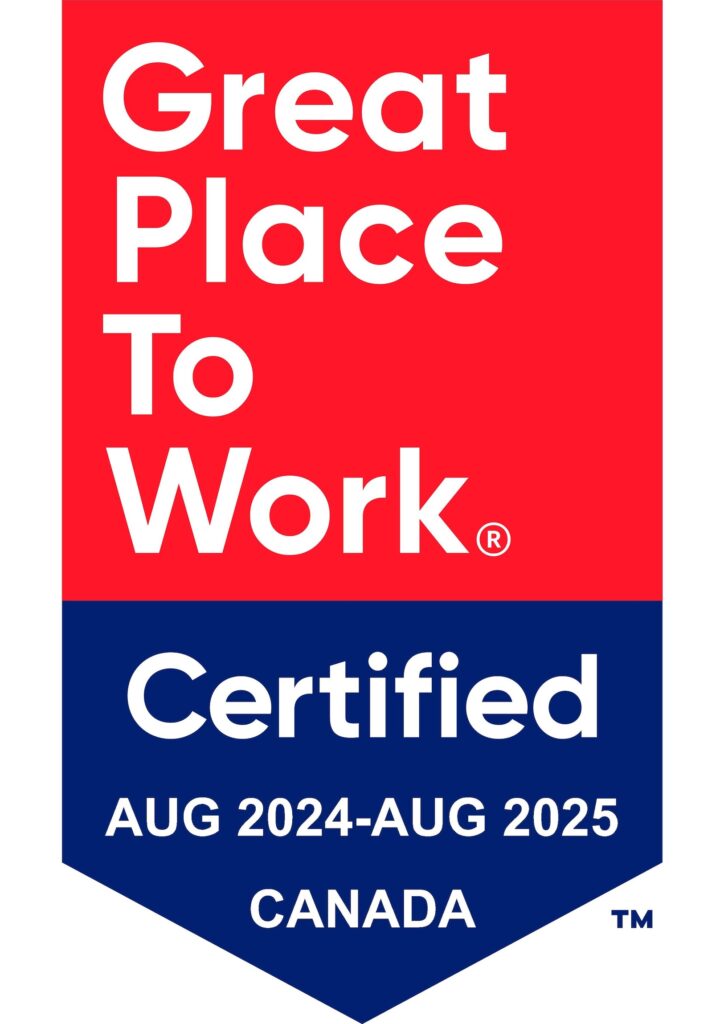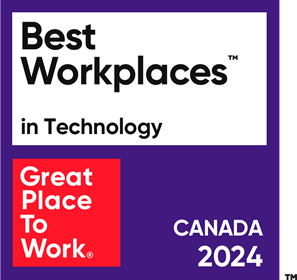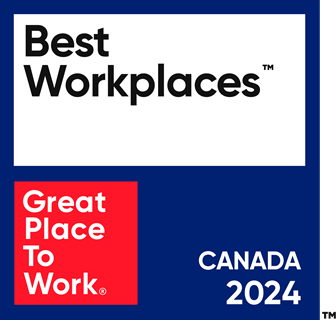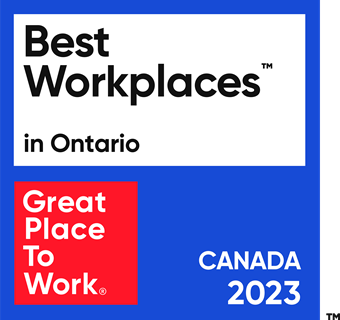Solutions / By Industry / Healthcare
healthcare
Don’t let administrative tasks distract from compassionate care. Let intelligent automation handle robotic work.

refresh your everyday
What new opportunities would
30%
more time create?Industry Solutions
WHAT INTELLIGENT AUTOMATION MEANS FOR HEALTHCARE
The Healthcare industry faces the challenge of balancing patient care with extensive documentation, overhead, and management tasks. Intelligent automation can alleviate some of the burden put on providers by automating patient record updates, using AI for appointment scheduling, and ensuring accurate billing processes. Let’s give time back to what truly matters—patient care.

IMPROVE PATIENT CARE
Enhance patient care by automating routine administrative tasks, allowing healthcare professionals to focus more on patient interaction and treatment.

ENHANCE OPERATIONAL EFFICIENCY
Streamline various healthcare processes, such as billing, claims processing, and inventory management, reducing manual errors and administrative burden.

ENSURE ACCURATE DATA MANAGEMENT
Enhance data accuracy, reduce the risk of errors, and facilitate better decision-making by healthcare providers with intelligent automation.
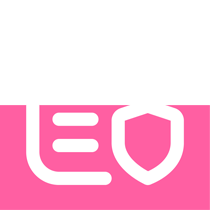
ENHANCE RISK MANAGEMENT
Reduce the risk of non-compliance, enhance patient safety, and protect the organization from legal and financial penalties.
areas to automate
PATIENT INTAKE MANAGEMENT
Using automation, enhance the patient experience from the moment they enter the facility:
- Automatically collect patient information from paper and online forms with intelligent document processing (IDP).
- Verify insurance coverage and eligibility in real-time.
- Schedule initial appointments and send confirmations to patients.
- Generate and store consent forms and necessary documentation.
PATIENT MONITORING
Monitor multiple patients simultaneously, enhancing overall efficiency and safety. To achieve this, here are a few tasks that can be automated:
- Collect real-time health data from wearable devices and medical equipment.
- Send alerts to healthcare providers for abnormal readings.
- Log patient data into EHR systems for continuous records.
- Generate regular health reports and trend analysis for patient reviews.
MEDICATION MANAGEMENT
Automate prescription, dispensing, and administration processes to ensure accurate medication orders, reduce the risk of errors, and maintain an up-to-date inventory:
- Create and update medication schedules based on physician orders.
- Send reminders to patients or caregivers for medication times.
- Track medication adherence and alert for missed doses.
- Generate reports on medication usage and inventory levels.
PATIENT RECORD MANAGEMENT
By integrating advanced automation technologies, healthcare providers can streamline data management, enhance accuracy, and ensure compliance. Automated tasks include:
- Automatically extract data from sources like electronic health records (EHRs), medical forms, and lab reports, then input it into the patient management system.
- Quickly search and retrieve patient records based on specific criteria.
- Manage patient appointments by scheduling, rescheduling, and sending reminders.
- Track and log modification to patient records, creating a detailed audit trail.
RESIDENT DATA MANAGEMENT
Get access to up-to-date and accurate information, enabling better decision-making and personalized care. Automation can enhance tasks such as:
- Collect and update resident demographic and health information.
- Store and manage resident care plans and progress notes.
- Track and record daily activities and health metrics.
- Generate reports for regulatory compliance and care assessments.
MEDICATION INCIDENT REPORTING
Leveraging automation, ensure prompt action and compliance with regulations. Here are a few examples of automated tasks:
- Analyze patient data and medication records to detect potential medication incidents in real time.
- Perform sentiment analysis on written incident reports to identify the severity and urgency of incidents.
- Aggregate and analyze incident data to identify patterns and trends over time.
- Send notifications and escalate incidents to the appropriate healthcare personnel.
Case Study
0
%
REDUCTION IN MANUAL DATA ENTRY EFFORT
Amid rising health service use and a limited workforce, University Health Network faced auditing challenges. Intelligent automation helped eliminate a backlog of over 10 million patient records.

ready to get
started?
Tell us about your processes. Which are taking time away from patient care? Are you looking for solutions that aren’t listed here? No problem. We excel at creating unique solutions for our unique clients. It’s time to take the first step.
"*" indicates required fields
Solutions
Explore other industries

Public Sector
Government agencies are saving millions of hours by augmenting legacy systems with automation. Discover how they’re doing it all with a human workforce that’s happier than ever.
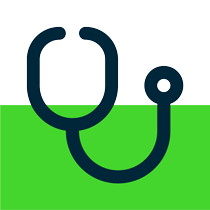
Healthcare
Administrative tasks can detract from the essential focus on patient care. Intelligent automation reallocates time to what truly matters.

Retail
From warehouse to customer, operational efficiency and customer experience are paramount. With intelligent automation, revolutionize your retail operations.
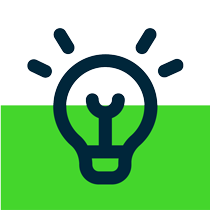
Energy & Utilities
The stakes are high with the challenge of operational efficiency and strict regulatory compliance. Turn those challenges into opportunities with intelligent automation.
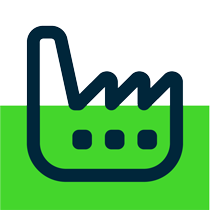
Manufacturing
Enhance productivity across your operations. Intelligent automation streamlines production processes, improves quality control, and optimizes supply chain management.
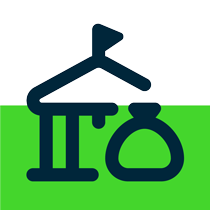
Banking & Financial Services
Managing large data sets, strict compliance, and complex risk requires precision. Intelligent automation addresses these challenges, enabling smarter decisions.


